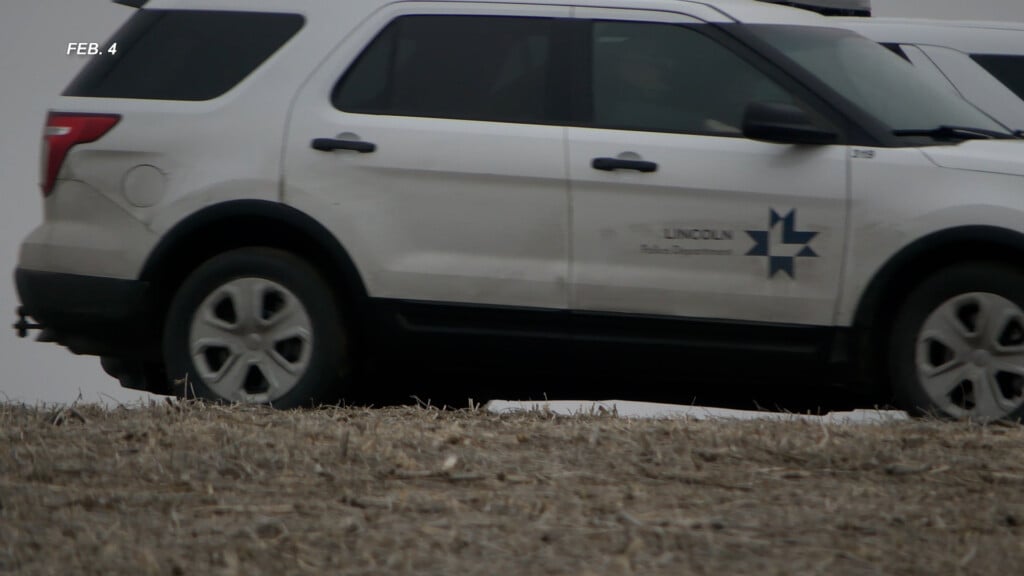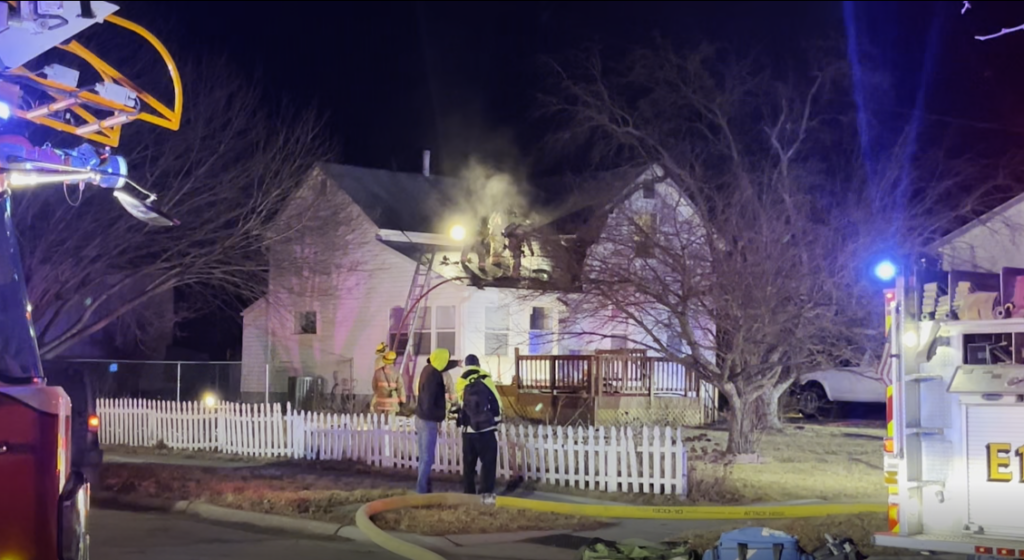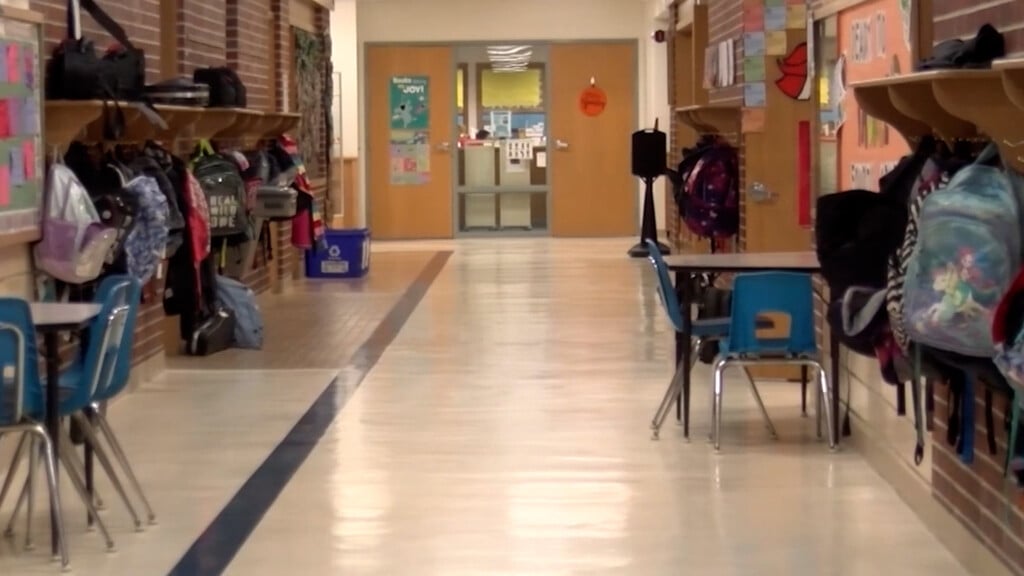‘There is hope’: Bryan Health offers guidance on teens’ mental health
LINCOLN, Neb. (KLKN) – With the rise of social media, the mental health of teens is becoming an increasing concern.
Bryan Health hosted a Facebook Live event on Tuesday to let parents ask questions about their teens’ mental health.
“We wanted to take the lead in getting the conversation started with parents so that parents know, ‘What are the warning signs? What are the signs I should be looking for? And what’s that first phone call I should take when I have concerns?'” said Dr. Dave Miers, director of behavioral health at Bryan Health.
Studies from the Centers for Disease Control and Prevention show that 1 in 3 teens have poor mental health.
“That state of life is such a developmentally transitional time that can really be confusing and difficult to navigate at times,” said Bryan Counseling Center therapist Andrea Ruiz.
One parent on the Facebook Live said their child is worried about the possibility of a school shooting.
Ruiz suggested a conversation about the safety protocols in place at school to help them prepare for that situation.
She also addressed the effects she has noticed from the COVID-19 pandemic.
“I’ve seen a lot more anxiety, a lot more depression since everything erupted three years ago,” Ruiz said. “The isolation and the fear for our health that we were inundated with forever, rightly so, it’s created anxiety and depression issues.”
Ruiz said the best way to approach conversations about mental health is to be direct and stay non-judgmental.
To bring up the topic, you could try saying, “I’ve noticed you haven’t seemed like yourself lately. How can I help?”
“Sometimes, we don’t think they want to hear from us or talk to us,” said Katie McLeese Stephenson, the executive director of HopeSpoke, a Lincoln mental health provider. “But it’s really important to give youth that opportunity, and to be a positive role model in that regard and be open to what they’re thinking and take it seriously.”
Some warning signs that your child may be struggling with mental health are changes in behavior, talk about self-harm or suicide, and feelings of hopelessness.
“We need to take mental health very seriously,” Miers said. “There is hope, there is help, and there is healing, and we need to open up those lines of communication.”
For help, call or text the Suicide and Crisis Hotline at 988.



